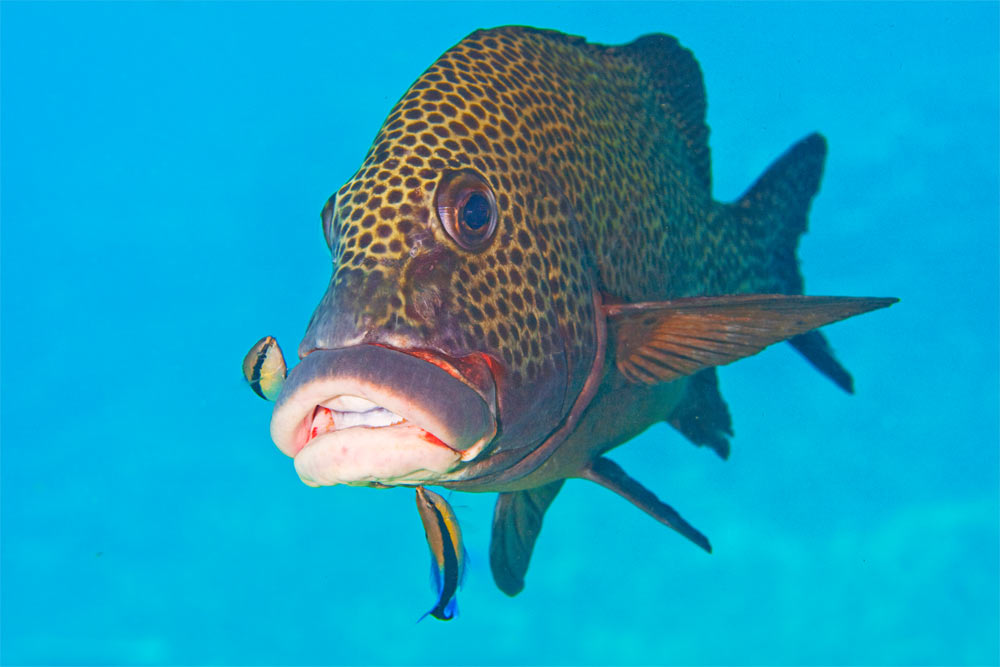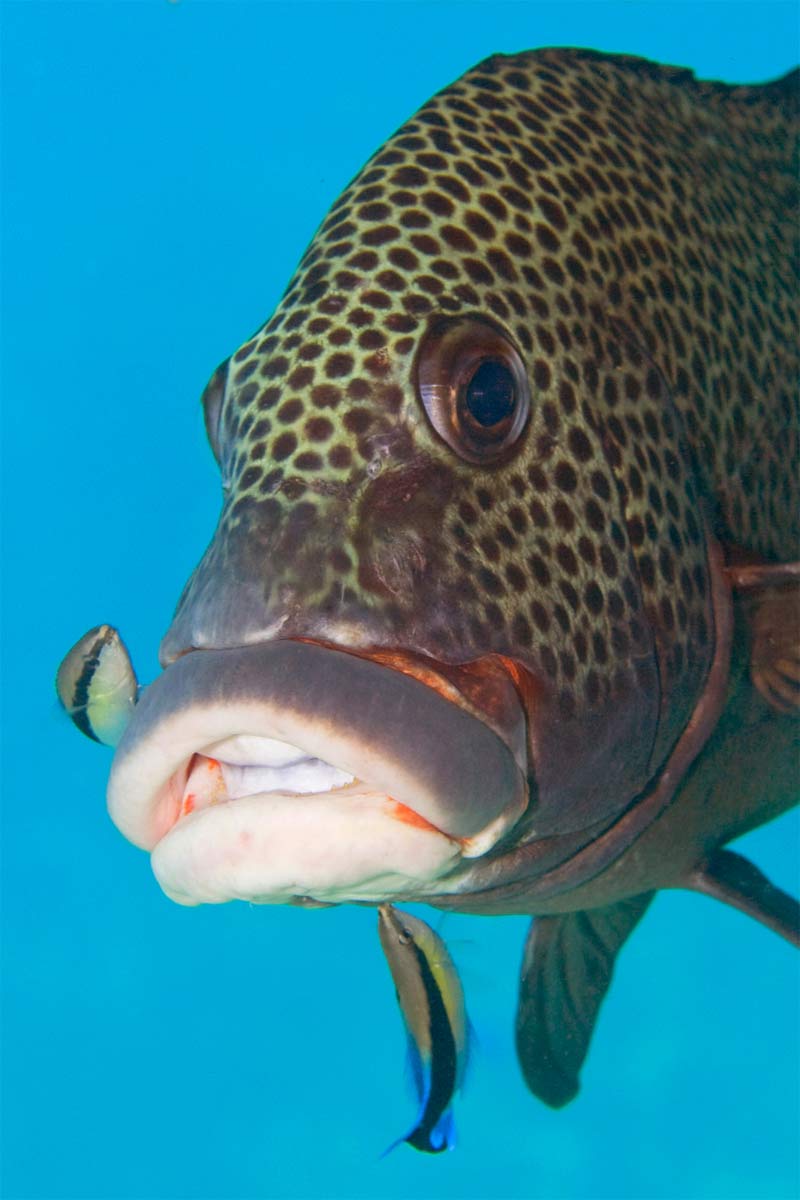Hungry Female Fish May Have Sex Change On Its Mind

Get the world’s most fascinating discoveries delivered straight to your inbox.
You are now subscribed
Your newsletter sign-up was successful
Want to add more newsletters?

Delivered Daily
Daily Newsletter
Sign up for the latest discoveries, groundbreaking research and fascinating breakthroughs that impact you and the wider world direct to your inbox.

Once a week
Life's Little Mysteries
Feed your curiosity with an exclusive mystery every week, solved with science and delivered direct to your inbox before it's seen anywhere else.

Once a week
How It Works
Sign up to our free science & technology newsletter for your weekly fix of fascinating articles, quick quizzes, amazing images, and more

Delivered daily
Space.com Newsletter
Breaking space news, the latest updates on rocket launches, skywatching events and more!

Once a month
Watch This Space
Sign up to our monthly entertainment newsletter to keep up with all our coverage of the latest sci-fi and space movies, tv shows, games and books.

Once a week
Night Sky This Week
Discover this week's must-see night sky events, moon phases, and stunning astrophotos. Sign up for our skywatching newsletter and explore the universe with us!
Join the club
Get full access to premium articles, exclusive features and a growing list of member rewards.
Not many would recommend that a guy tell his gal pal to slim down, but for some fish in tropical coral reefs it's a necessary way of life. New research reveals that male cleaner fish aggressively nudge their mates to watch their diet, as a way to prevent their female partners from turning into rival males.
Cleaner wrasse (Labroides dimidiatus) are hermaphrodites that are all born female but can turn into males when they become the biggest fish in their group. They get the name "cleaner fish" from the fact that they will clean the skin of other fish by feeding on those "client fishes' " parasites.
Cleaner wrasse feed in male-female pairs, with both fish removing parasites from the larger client fish. Most of the time, the feeding cleaner fish service their client responsibly, but if a cleaner fish gets greedy, it may take a bite out of the client fish's protective mucus coat as well. Result: The agitated client fish swims away, leaving the cleaner fish pair without the rest of their meal.
Scientists have known male cleaners will punish greedy females by chasing and harassing them, but they didn't know whether the severity of this punishment differed with the situation. [Gallery: Stunning She-Males of the Animal World]
To find out, Nichola Raihani of the Zoological Society of London and colleagues placed pairs of cleaner fish in tanks with a simulation of what a client fish offers ?a plate holding prawns (representing the client's mucus coat) and flakes (representing the client's parasites). As soon as one of the female fish "cheated" by snagging a prawn, the researchers removed the plate and then recorded the number of aggressive chases by the male in the next 30 seconds.
This and follow-up experiments revealed male punishment was most severe for the loss of high-value clients (a bigger plate) and when the females were large. When the female was relatively small, males didn't seem to adjust the punishment level.
It turns out, the males were ensuring females didn't balloon too much in size and transform into a rival male, the researchers said.
Get the world’s most fascinating discoveries delivered straight to your inbox.
"Our research shows that male cleaner fish are sensitive to their female partner's size," lead researcher Raihani said in a statement. "One reason for keeping a cheating female in check may be to stop her eating too much and then challenging his position as the dominant male on the reef."
Cleaner fish live in groups, with one dominant male and a harem of up to 16 females. During feedings, the male leader will usually partner with the largest female fish in the harem so that he can monitor her food intake to make sure that she doesn't "cheat" while eating and grow too big.
The results have parallels in the human realm. "Cleaner fish and humans may not share many physical traits, but cleaner fish punish cheating individuals, just as we punish people who step outside of the law," Raihani said. "In both situations, harsher punishment may serve as a stronger deterrent against future crimes."
The study will be published online in Proceedings of the Royal Society B in November.
Follow Live Science for the latest in science news and discoveries on Twitter @livescience and on Facebook.
 Live Science Plus
Live Science Plus











